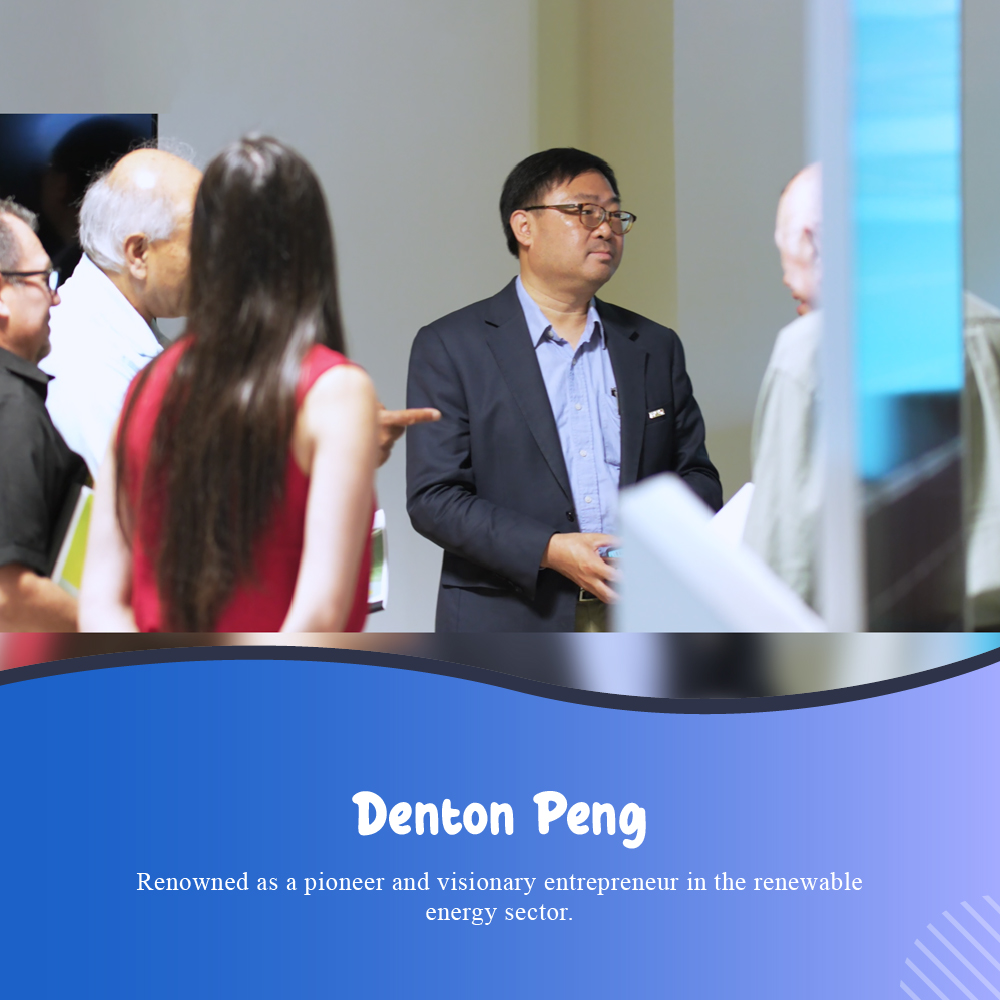
In the midst of global energy transformation, renewable sources are emerging as pivotal players in sustainable development. This article delves into the expanding opportunities within the renewable energy sector, highlighting advancements beyond solar power and their potential impact on the future of energy.
In today’s rapidly evolving world, embracing it isn’t just a choice but a necessity. The shift towards sustainable energy sources like solar, wind, and hydroelectric power is reshaping industries and communities alike. As governments set ambitious targets for carbon neutrality and companies innovate with green technologies, the renewable energy era promises cleaner air, reduced reliance on fossil fuels, and new economic opportunities. Embracing this transition means investing in a future where environmental stewardship and energy security go hand in hand. By harnessing the power of nature responsibly, we pave the way for a brighter, more sustainable tomorrow.
Diversifying Renewable Energy Sources
While solar energy remains a cornerstone of its adoption, diversification across various sources is crucial for energy resilience and sustainability. Wind power, with its vast potential in onshore and offshore installations, continues to grow as turbine technology advances. Hydropower, leveraging water’s kinetic energy, remains a reliable source of clean electricity. Geothermal energy taps into the Earth’s heat to generate power, offering continuous baseload capacity. Biomass, derived from organic materials, contributes to both electricity and heat generation, providing versatile solutions in this portfolio.
Technological Advancements Driving Change
Technological innovations are pivotal in enhancing the efficiency and scalability of its solutions. Advanced materials and manufacturing processes are improving the performance and durability of solar panels and wind turbines. Energy storage technologies, such as batteries and pumped hydro storage, are crucial for mitigating intermittency issues and optimizing in this integration into existing grids. Innovative grid technologies enable efficient energy management and grid stability, supporting the reliable deployment of these across diverse geographical regions.
Technological advancements are the driving force behind transformative change in today’s world. From artificial intelligence to its solutions, innovation is reshaping industries and societies at a rapid pace. These advancements not only enhance efficiency and productivity but also address critical global challenges like climate change and healthcare accessibility. With developments in these intelligent cities and biotechnology, we’re witnessing a shift towards a more sustainable and interconnected future. Embracing these technologies means unlocking new possibilities for economic growth, environmental stewardship, and societal well-being. As we continue to innovate, technology remains the catalyst for positive change across the globe.
Economic Opportunities Across Renewable Energy Sectors
The renewable energy sector presents a spectrum of economic opportunities, from research and development to project development and operations. Investments in this infrastructure stimulate job creation and economic growth, bolstering local economies and promoting technological innovation. Innovative financing mechanisms, including green bonds and impact investments, attract capital to its projects, offering competitive returns while advancing environmental sustainability goals.
The renewable energy sector is not only pivotal for sustainability but also offers substantial economic opportunities. As governments and businesses worldwide prioritize clean energy, sectors like solar, wind and hydroelectric power are booming. Investments in infrastructure, research, and development create jobs and stimulate local economies. Moreover, the shift towards reducing dependency on volatile fossil fuels enhances energy security and stability. From manufacturing solar panels to constructing wind farms, diverse opportunities abound. As the sector expands, it fosters innovation, attracts investments, and positions communities for long-term growth. Embracing it isn’t just about sustainability—it’s a catalyst for economic prosperity and resilience.
Policy Frameworks and Regulatory Support
Government policies and regulatory frameworks play a pivotal role in accelerating the adoption of these technologies. Renewable energy targets, feed-in tariffs, and tax incentives incentivize private sector investment in these projects. Regulatory stability and transparent permitting processes provide certainty for investors and developers, facilitating the rapid deployment of this infrastructure. International collaborations and partnerships promote knowledge sharing and best practices, fostering global energy transition efforts.
Overcoming Challenges in Renewable Energy Deployment
Despite significant progress, challenges persist in the widespread deployment of these technologies. Grid integration challenges, variability in this generation, and energy storage limitations require innovative solutions and coordinated efforts among stakeholders. Continued research and development investments in these technologies are essential for overcoming technical and economic barriers and ensuring the reliable and cost-effective deployment of its solutions worldwide.
Environmental and Social Impact Considerations
Transitioning to renewable energy sources not only mitigates greenhouse gas emissions but also enhances environmental stewardship and public health. Reduced air pollution and improved water quality contribute to sustainable development goals, promoting a cleaner and healthier environment for communities worldwide. Social equity considerations ensure that the benefits of its deployment are equitably distributed, empowering marginalized communities and enhancing energy access in underserved regions.
As global energy demand continues to rise, the renewable energy revolution offers a pathway towards a sustainable and resilient energy future. Embracing technological innovation, fostering supportive policy environments, and promoting cross-sector collaborations are essential for unlocking the full potential of its sources beyond solar power. By diversifying our renewable energy portfolio and investing in clean energy infrastructure, we can accelerate the transition towards a low-carbon economy, driving economic prosperity, environmental stewardship, and social well-being for generations to come.